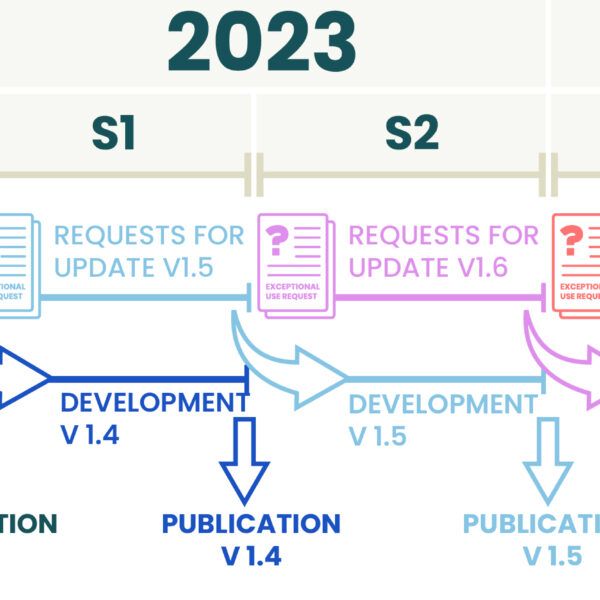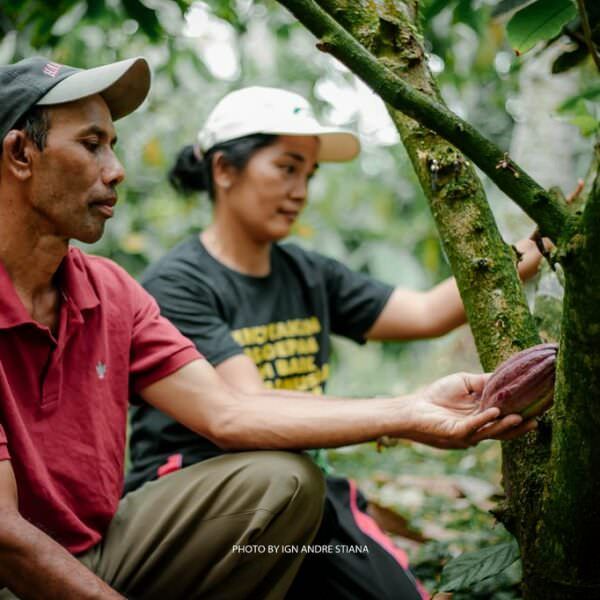At the Rainforest Alliance, our goal is to facilitate the creation of global supply chains that share both risk and value and contribute to a more sustainable future. Our shared responsibility approach allows farmers to share costs with buyers and be rewarded for their efforts towards more sustainable agricultural practices.
To achieve this, the Rainforest Alliance Certification Program requires payments of the Sustainability Differential (SD), and the Sustainability Investments (SI).
A Minimum Amount for Investments in Sustainability
We have consulted with and received feedback from producers and buyers of certified bananas and other fruits. Jointly we have looked to find a balance between market access and increasing value to producers, workers and the environment. Both farmers and buyers have indicated a preference for the Rainforest Alliance to mandate a minimum amount for the Sustainable Investment (SI).
Benefits of the minimum SI amount cited include the ability to create a level-playing field for the whole sector. Transparency on financial resources being invested in producing countries provides clarity on what amount needs to reach the producers and thus eases the negotiating contracts on supply of certified bananas. With this, retailers and other buyers can now directly contribute to farm improvements.
| Amount to increase sustainable farming (SI) | (2022), 2023, 2024 minimum amount |
|---|---|
| Per Metric ton (1000 kg) fresh fruits | US$5.50 |
| Per box of bananas (18.14 kg) | US$0.10 |
The minimum US$5.50 per Mt in 2023 is a recognition to start sharing sustainability related costs in a mainstream market that often is not used to paying for sustainability. A minimum value to kickstart sharing responsibility with US$0.10 per banana box to invest in sustainability. At the same time, it would allow buyers to directly share in the investment needed at the farm level to improve sustainable practices, enhance workers wellbeing, and protect the environment.
The Rainforest Alliance will closely monitor the outcomes of this approach to inform future adaptations on shared responsibility needed in the banana sector, as well as for other fresh fruits sectors.
Timings of SD and SI Implementation
- Any volumes physically changing ownership from farmers to first buyer after January 1, 2023, will need to have contracts and invoices in place containing SI and SD payments. Obligations of payment for Supply Chain certificate holders will be binding from this point on, even if the transactions are tied to contracts that precede this time.
For more information please consult our Sector Guidance.
For more specific Q&A please see below.
Questions and Answers
For general questions about our shared responsibility approach please refer to our explainer on shared responsibility.




